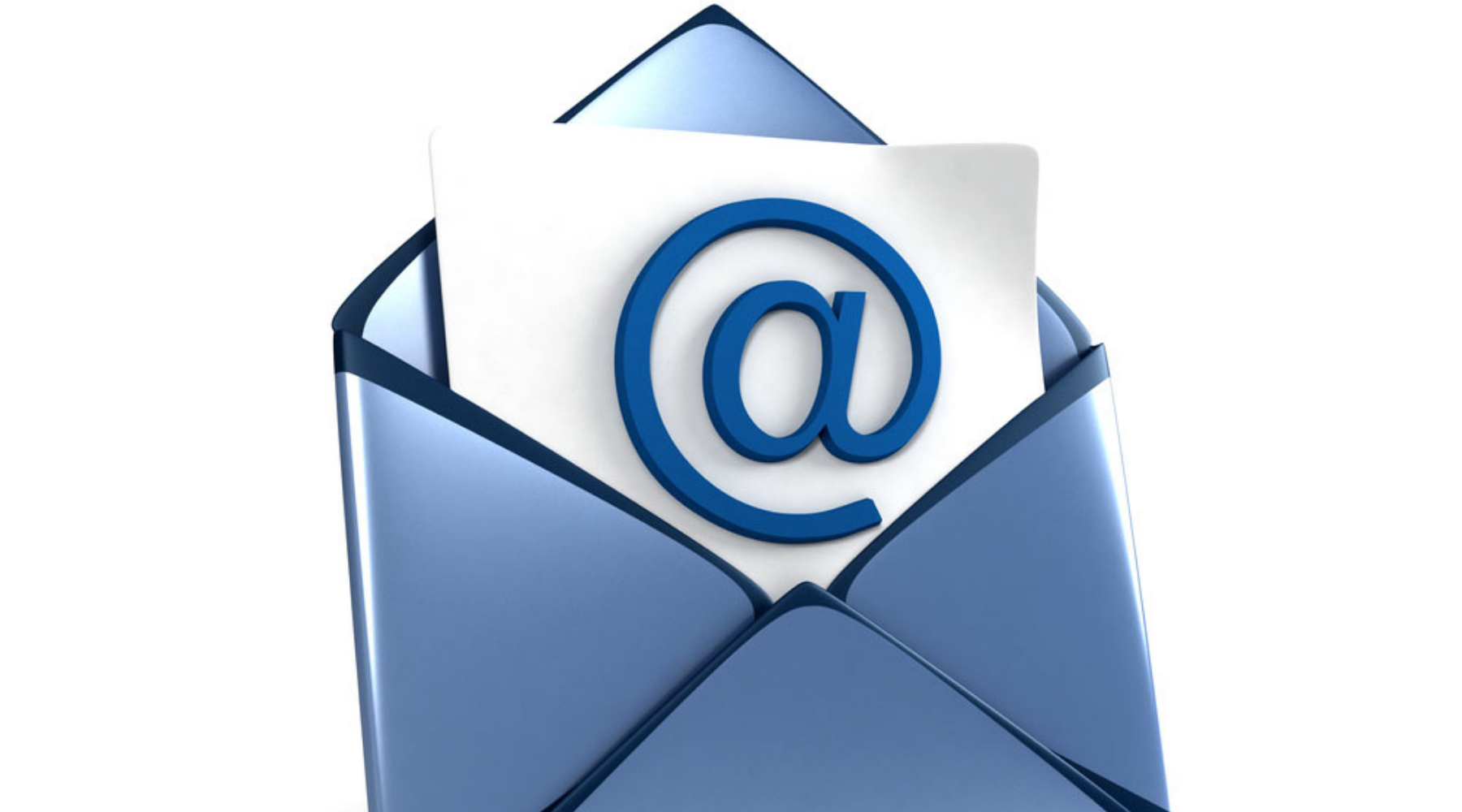Disposable Email Addresses – What Email Marketers Should Know
A disposable email address is a way of managing mail in which a unique email address is used for each contact or each entity with which one wants to communicate. It has the advantage that if someone starts abusing this email address, or is compromised, the owner of the address can cancel it (or "scrap" it) without affecting any of their other contacts.These types of disposable addresses are generally offered by options that forward the DED address to a valid email address, but sub-email addresses are also used to provide a subset of the advantages of this type of addresses.
When using disposable email addresses a different email address is defined for each sender / receiver combination. This is useful when working in environments where someone can sell or post email addresses to spam lists or unscrupulous entities. The most common situations of this type are systems that require online registration for access to discussion groups, bulletin boards, messaging systems, online shopping, and file storage services. DEDs can be a useful tool to protect Internet users in times when spam is an ongoing nuisance and where there is always the threat of identity theft1
Disposable email addresses can be canceled if someone starts using the address without the consent of the person who created it. For example, if someone publishes the email address to a spam list, or if spammers got the address. It may also be the case in which the user does not wish to receive more correspondence from the sender. In either case, a DED allows the owner of the address to make unilateral decisions, canceling the address in question. Later, the owner can decide to notify the recipient of this cancellation or not.
Disposable email addresses typically forward messages to one or more mailboxes where the owner receives and reads the messages. The contact who was given a DED address will never know the user's real email address. In the event that the DED is handled through a database, you can send mail anonymously to someone using personal email addresses and you can identify the recipient of each message by obtaining the name of the contact associated with each unique DED. If used correctly, a DED can also help identify which contacts mishandle or fraudulently manage email addresses. Therefore, it can be a good tool to detect fake or phishing emails.
Advantages over traditional email
The owner of a DED, ideally, shares an address only once with each contact or entity. In this way, if the DED changes, it is only necessary to contact one entity. In traditional email use the same address is provided to multiple contacts. Therefore, if the email address changes, many different recipients have to be notified of the change and they have to update their records, which can be a tedious process.
In addition, as there is only one contact that has access to that address, if spam begins to be received, it will most likely be the point that has been compromised and, therefore, responsible for the mail that the account receives (see below "filtered" for some exceptions). This allows users to determine first-hand trust in the people with whom they share DEDs. "Safe" DEDs that have not been compromised can be forwarded to a real email address, while "compromised" DEDs can be sent to a special mailbox, sent directly to the trash, marked for spam filtering, or returned as non-existent addresses. if the DED address is unsubscribed.
Lastly, DEDs serve as an additional layer of indirection between sender and receiver. The user only has to notify the DED service provider of the change if he needs to change the actual address associated with the DED. For example, when you change your email address when leaving a university or company. Once done, all DED addresses will continue to work without requiring an update.
Privacy issues
Many sites offer disposable email addresses that expire in a short time, usually between ten minutes and a week. It is quite possible that the business model of these sites is to provide users with targeted advertisements once they read the mail or to sell the email addresses of their users to the highest bidder. A provider could even block an account that is operational and sell this account to a third party, facilitating phishing attacks and account theft through password notification emails.

